Since man’s early origins, the desire to possess gold has been a universal obsession. Gold was once viewed as the ultimate symbol of power and wealth. Governments amassed vast quantities of gold to finance their economies and political ambitions. Until the mid-twentieth century, leading national currencies were directly tied to how much physical gold was housed in national treasuries. But 500 years ago, Sir Thomas More got it right when he described gold as something “which in itself is so useless.” Today, rather than gold, what truly represents a nation’s strength is its ability to innovate and control technologies. Technology is the “gold” of the twenty-first century, and unless those who own a technology can prevent others from stealing or misappropriating it, it holds no value. The legal mechanism designed to shield technologies from theft is known as “intellectual property (IP) protection,” which takes the form of patents, trademarks, copyrights and trade secrets.
While intellectual property protection is a high priority for both America’s Democratic and Republican parties today, this was not always the case. I once worked for Senator Hugh D. Scott who, in addition to being the Senate Republican Minority Leader, served as the vice chair of the Senate Subcommittee on Patents, Trademarks and Copyrights. One day significant revisions to US patent laws were being debated on the floor of the Senate, but, not surprisingly, very few senators were actually present. Senator Scott, known for his calm demeanor and very dry sense of humor, stood up and thanked his few colleagues for their attendance for what he considered to be a very important bill. Then he said (I’m paraphrasing to the best of my memory), “I am very grateful for those of you here today, because if the top priorities for most of your constituents rank from one to 100, with one being the most important, then the patent law updates we are debating today are probably number ninety-nine.” Senator Scott’s point was that while most of his colleagues at the time did not realize (or care) about strengthening patent laws, they should have. In the 1970s, it was the expansion and enforcement of US antitrust laws that were viewed as a top legislative priority for Congress, not patents and copyrights. More than four decades later, priorities have completely reversed in both the Senate and House of Representatives. Given the critical role technology plays in growing America’s economy, the importance of protecting intellectual property no longer wallows at “number ninety-nine” — it is now in the top five.
An individual’s right to intellectual property is basically a Western concept. The US Constitution directly guarantees the right to own intellectual property and mandates that the US government protect the rights of inventors and property holders. Over the last 200 years, the concept of protecting intellectual property was aggressively exported to the rest of world by the United States and several other Western nations and made part of their national laws.
This brings us to how China and its leadership view intellectual property. China, like many other countries, particularly in Asia, has historically been reluctant about embracing the concept of intellectual property. This is a key reason why it is common for disputes to arise between Chinese officials and non-Chinese intellectual property owners with manufacturing facilities in China. China’s sheer reluctance to enforce intellectual property laws has often enabled Chinese companies to “encourage” (compel) non-Chinese companies to reveal their valuable technologies, even if those technologies are protected by patents, trademarks or copyrights.
For years, I personally found it difficult to comprehend exactly why the Chinese devalue intellectual property protection to such a great extent. By chance, I met a scientist who was born in China, and he helped me to understand why. After earning his PhD in chemistry, this scientist left China for the United States to work for a major international oil company. In a conversation over dinner one evening, I asked him why the Chinese were so reluctant to recognize the concept of intellectual property protection. He responded with a personal story:
As a young child, I lived in a very rural area of China. There were no hospitals or medical facilities within easy reach. So, every six or seven weeks, a doctor would come to our village to see patients and dispense medicine. Once there was a very sick child in the village. After examining the child, the traveling doctor prepared a secret formula to treat the child. Unfortunately, the medicine spoiled quickly and had to be remixed every few days. Because the doctor only came to the village every six weeks or so, this meant the parents would not have enough medicine to treat their child. The parents begged the doctor to reveal the formula so they could make it themselves, but the doctor refused, saying they would steal the formula and then it would no longer be his. The desperate family insisted that they would not do this and promised to keep the formula a secret. Eventually, the doctor reluctantly revealed the formula, emphatically making the parents swear they would never disclose it to anyone. When the doctor left, the parents mixed the medicine, and the child got better. After that, the parents began to tell the secret formula to others in the village.
Confused, I asked him to explain to me the point of his story. Hadn’t the parents broken their promise and essentially stolen the secret formula? He replied, “Yes, but isn’t it more important that the formula be freely shared to benefit many families rather than be owned by just one person?” In his way of thinking, the parents had done nothing wrong.
For decades, China has made protecting intellectual property particularly difficult for foreign investors and companies. This is especially true when it comes to trade secrets. While a valid patent can guarantee protection for a limited period of time (seventeen to twenty years), it is different for trade secrets. A trade secret, if handled properly, can essentially be kept a secret forever.
The Chinese government over the last decade under the direction of Xi Jinping has drastically increased governmental intervention in the activities of both domestic and foreign companies operating in China. This policy poses a particular threat for those companies that greatly rely on their own specialized and proprietary technologies. Non-Chinese companies often find themselves forced to disclose valuable corporate information if they wish to continue doing business in China. One common practice is to pressure foreign companies to work with Chinese entities as joint venture partners and to disclose their technologies in order to stay in the game. Also, whenever foreign companies try to do business with Chinese state-owned enterprises, non-Chinese technology owners should expect to find themselves pressured to disclose confidential information if they want future business.
Xi Jinping and China’s leadership are only now beginning to realize there is a real downside to their practice of ferreting out intellectual property from non-Chinese companies through any means. Increasing numbers of foreign companies, unwilling to risk their valuable information, are deciding against doing business in China. Some that were operating in China have already left.
Another, even more serious, challenge for China’s leadership is that as more and more Chinese companies look to market their products and technologies outside of China, they are demanding that their own patents and trademarks be respected around the world. What some Chinese have encountered instead is retaliation by the governments and industries of those nations that have been harmed in the past by China’s lack of respect for intellectual property rights. What, then, is the price to China’s economy and its international reputation? Ultimately, China’s access to the Western-based technologies it needs will be diminished because it refuses to recognize and honor the proprietary rights of others.
This is an excerpt from The Fragility of China: Breaking Points of an Invincible Regime (Encounter). This article was originally published in The Spectator’s July 2024 World edition.










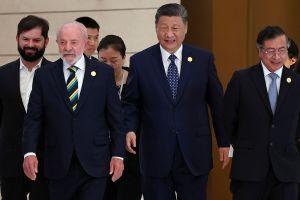

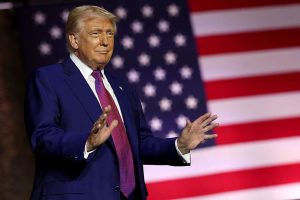

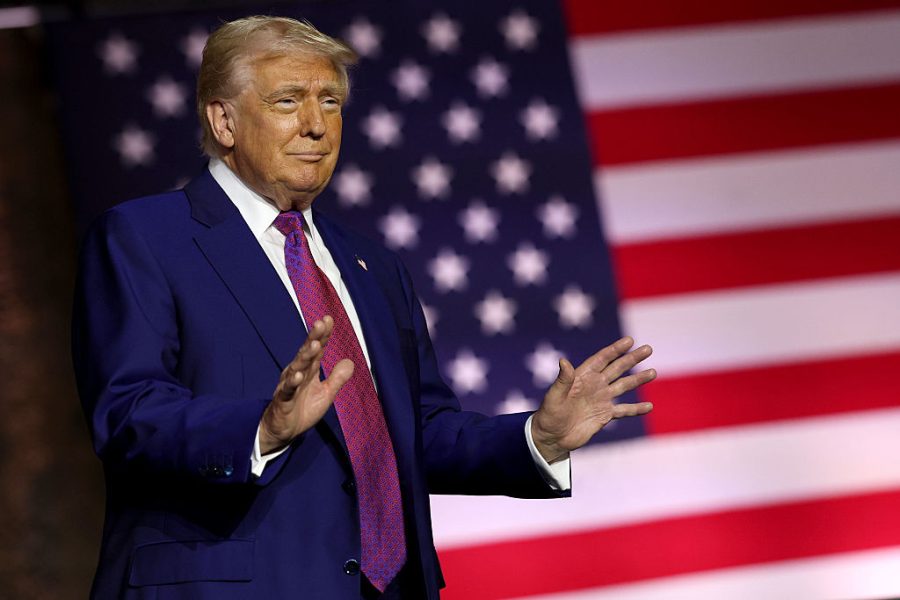
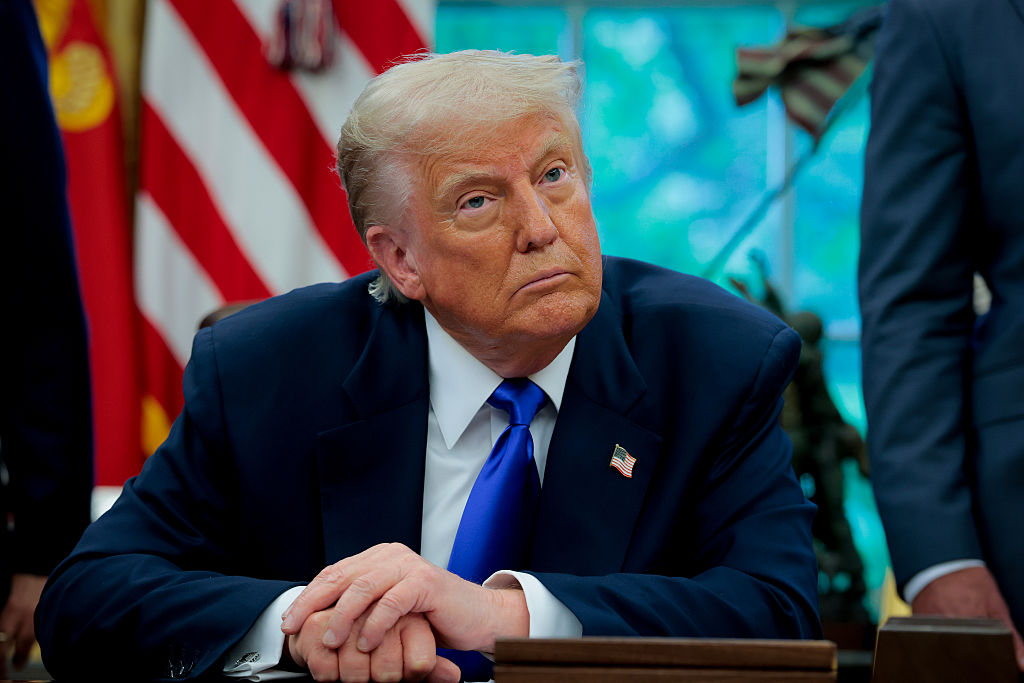
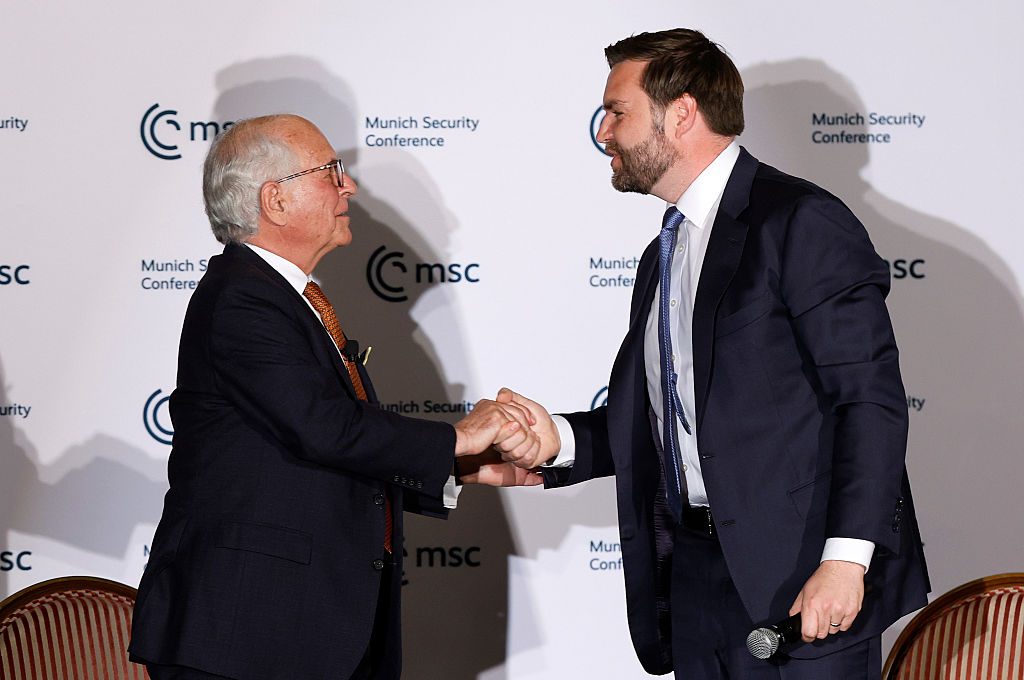
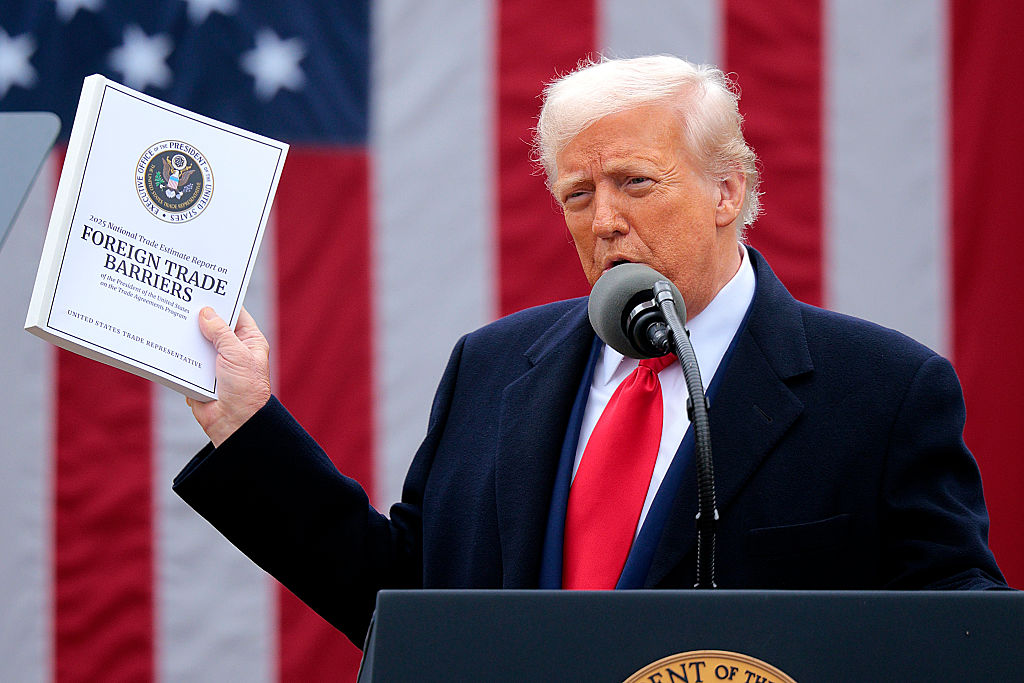
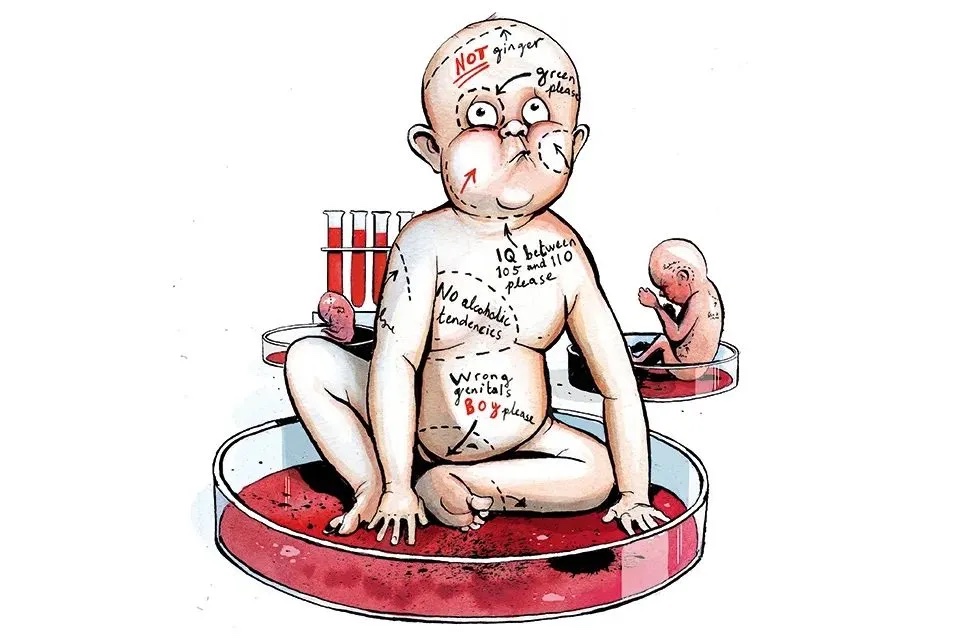







Leave a Reply